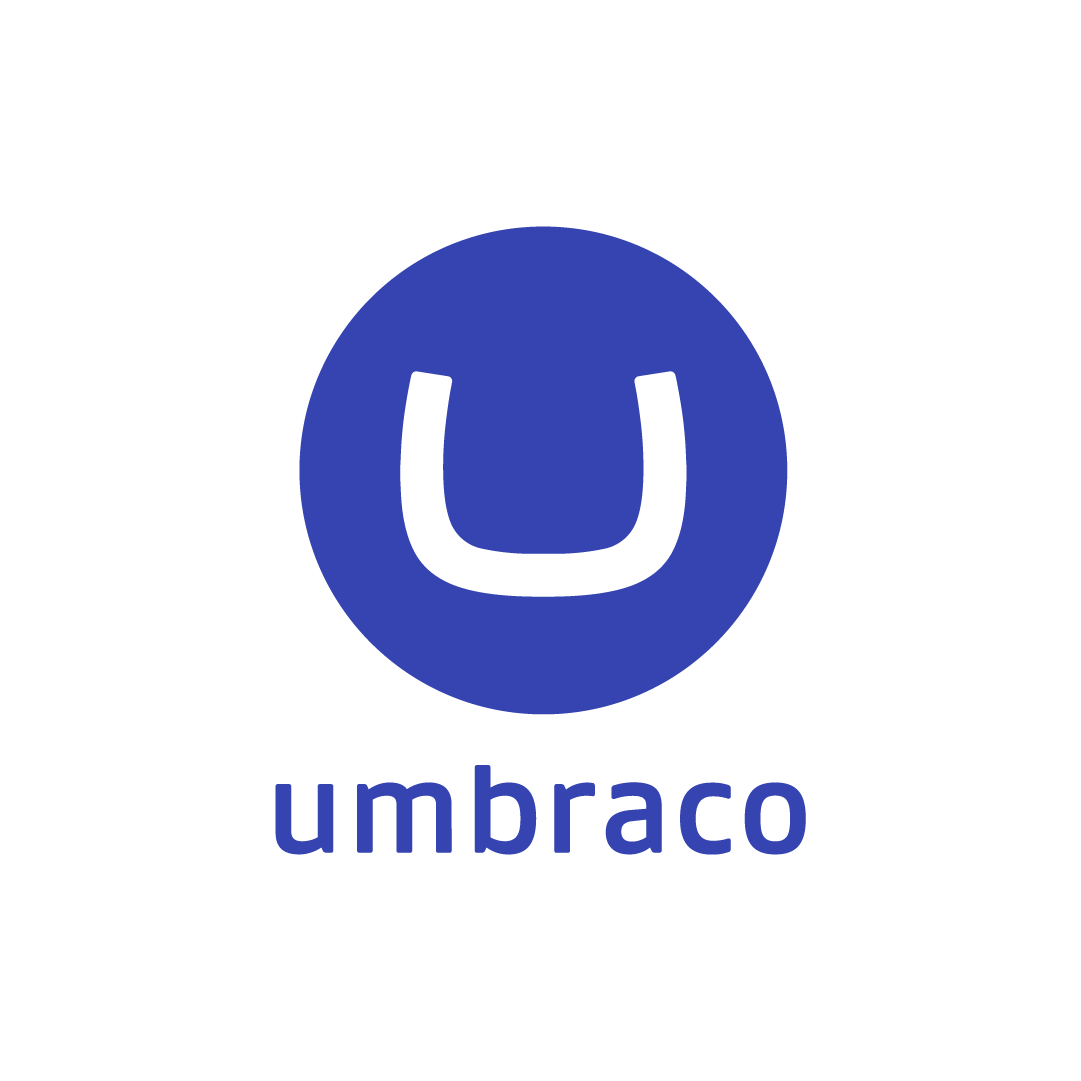Umbraco Vs WordPress, Which CMS Comes Out On Top?

Umbraco and WordPress
We've compared Umbraco vs Drupal, Umbraco vs Sitecore, Kentico vs Drupal and Umbraco vs Kentico, now it's time for Umbraco vs WordPress.
Both Umbraco and WordPress offer open-source content management system solutions. As Umbraco Gold Partners, here at Cold Banana we strongly advocate for the Umbraco CMS and always recommend it to our clients over WordPress when it comes to larger, more complex, and integrated websites. But how did we come to this decision?

Umbraco
First, let's talk all things Umbraco. Umbraco is super easy, yet still a powerful CMS for building both simple websites to larger, more bespoke solutions. Umbraco isn't bound to the use of plugins, so can be configured to meet very specific and diverse requirements of sites of all sizes, yet still offering a robust responsive back end-user interface.
Advantages of Umbraco
Limitless Design and Functionality:
With Umbraco, you're never going to be tied down to use a specific layout or template design, as its design and functionality capabilities are pretty much endless. It allows you to run numerous websites, with entirely bespoke designs off just one install, and even supports multiple other applications alongside this (apps and smart devices). This allows for much greater flexibility and freedom in the design and builds process compared to a far more rigid template WordPress offers.
Performance and Scalability:
Umbraco will outperform WordPress but, it has to be correctly set up to do so. The platform makes use of caching and indexing to assist in optimizing its performance and overall delivery of its content. With its steady increase in improvements and optimization's of the codebase, Umbraco runs fast and seamlessly for both CMS and end-users across all modern browsers and devices. It’s also worth mentioning that with Umbraco V8, the codebase was significantly reconditioned, and incorporated a new approach to caching to upgrade its overall performance, reliability, and stability.
Security:
Known as being one of the most secure CMS platforms on the market, Umbraco is notably far more secure than WordPress.
With Umbraco, it's constantly undergoing regular testing, auditing, and updating. Any issues that surface, Umbraco is fast to get these patched up in as many versions as possible to keep their customer's sites safe.
Ease of Use:
Umbraco is clean, modern, and highly user-intuitive. This makes it very easy for CMS users to both edit and manage the content of their websites. There is no need for coding knowledge, and in conjunction with the assistance of Umbraco’s visual approach such as ‘page preview’ mode, content contributors can work confidently in the Umbraco system with very minimal training.
Built Using the .NET Stack:
Built on Microsoft’s robust framework infrastructure, .NET, Umbraco is both extensible and flexible at the same time. Making it virtually possible to achieve anything within the development phase, as well as being future proof for any ongoing future projects.
Third-party Integration Capability:
Umbraco is also packaged with an API platform, that can be used as an out-the-box-friendly integration for any third-party systems, such as marketing suits, payment gateways, and event booking systems. Having this helps ensure that any further add-ons are easy and intuitive from both a front and back end perspective.
Active Developer Communities:
A very dedicated and global developer community helps support Umbraco, who are forever collaborating and offering ongoing improvements to both the core system and supported packages. This also includes a global network of Gold Partners such as ourselves
Multi-site CMS:
When using Umbraco, it can be tailored as a multisite, multilingual solution. The system allows CMS users to look after various applications in one go and in as many languages as required all in a single system which is something WordPress is unable to match with.
Disadvantages of Umbraco
Now, just because we're Gold Partners, this does not mean we shouldn't talk about the disadvantages of the CMS either, we want to be fair...
Required Startup Configuration:
While Umbraco gets praised for being so flexible as a CMS, the out of the box solution is effectively an entirely blank canvas and therefore requires some extensive development effort to configure the solution which meets your desires. Whilst this tends to mean that Umbraco solutions sometimes appear a little more costly than WordPress, it results in a much better, more bespoke solution tailored specifically to your requirements (rather than a modification of a blogging platform through a variety of platforms).
Requires In-depth Planning to Work:
Umbraco’s limitless extensibility requires a phase of upfront planning and specification to understand your solution needs, write these in CMS specifications, and for the development team to then implement. The planning of This up-front solution can again add in additional costs, but the results are a far more bespoke and tailored solution.

WordPress
WordPress started life solely as a tool to allow bloggers to quickly create a personal blogging platform, but as its popularity grew it was customized to become far more suitable for other website requirements too. It’s primarily engineers to create basic publishing websites and blogs, using already created templates and plugins. It thrives on its simplicity and is supported by a very large developer community.
Advantages of WordPress
Wide Range of Free Plugins:
There are so many plugins available in the Wordpress.org library, many of which are free or pretty inexpensive to install. This offers all types of functionality enhancements from custom form builders to search engine optimization (SEO) add on to more complex eCommerce solutions.
Low Set Up Cost:
WordPress is best suited to much smaller websites with limited functionality but has also been harnessed by a lot of big-name brands. While the initial set up cost of a WordPress site can be very low for clients who don't have any bespoke functionality requirements. A basic install of WordPress is configured to meet the needs of a personal blogging platform and uses third party plugins to help modify this experience to allow extra functionality.
Disadvantages of WordPress
Security:
One of the biggest disadvantages of WordPress comes down to its overall security of the platform. WordPress has numerous well-documented vulnerabilities and it has been estimated that up to 75% of WordPress sites have been compromised in some way. With its heavy reliance on third-party plugins and themes and its vast network of users, WordPress exposes a large attack surface that is pretty difficult to analyze, manage and also maintain.
Now, while there is certainly a use for plugins to quickly obtain functionality, being overly-dependent on drop-in solutions developed by different individuals/companies can introduce security issues and malicious code. Plugins require regular updates to avoid security issues and mitigate said attacks. Plugins that are no longer supported will need to be swapped for alternatives to maintain core website functions and prevent further security breaches.
Design Restrictions:
The process of discovery and planning is integral for the delivery of a successful and future-proofed solution and that goes without saying for all websites. It’s also in discovery where the limits of WordPress become rather exposed and the true benefits of Umbraco become clearer as a business solution.
The WordPress front end solution runs off templates, which can greatly restrict what is possible when it comes to design. The whole design process with a WordPress site is very much to understand the technical limitations and work backward to design. This is the opposite of Umbraco where virtually anything is possible...and we mean anything.
Over-reliance on Third-party Plugins:
Unlike Umbraco, WordPress is developed in PHP which means it heavily relies on the success of plugins to deliver any additional functionality. While some plugins work very well and are actively supported, further bespoke development can be rather constrained by what’s available or can require shoehorning multiple solutions to achieve desired results.
Managing a suite of plugin dependencies can be both time-consuming and costly. This is particularly true when plugins become unsupported or break due to upgrades and compatibility issues with other dependencies.
Performance and Scalability:
Due to WordPress’s reliance on third-party plugins to provide everything but publishing functionality, larger-scale websites with a higher volume of plugins can suffer from significant performance issues and degradation. Plugins can introduce erroneous code and ‘bloat’ which can lead to inefficiencies in the codebase and can reduce the performance of both the back and front end of a website. Because these plugins are third parties, there are also limited options for a developer to improve its performance without removing functionality or writing custom plugins.
No Native Multi-site CMS:
Unlike Umbraco, WordPress does not natively offer the functionality to run multiple applications or websites from one sole core install. What this means is that users must choose to maintain multiple websites with different CMS backends and logins, or use an additional suite of plugins to achieve this functionality which must be updated and maintained to avoid performance, stability, and security issues.
Now, WordPress’s rather expansive list of third-party plugins and low setup costs make it a pretty perfect fit for a smaller independent business who are looking to take their first step in creating a website, its disadvantages, which mainly we are talking about the security, it's also become a clear issue when looking at a larger more scalable and future proof solutions for websites and mobile apps. Umbraco’s flexibility, scalability, and customizability, on the other hand, allows for bespoke design and functionality on a site and is why it has grown to become of the world's most used CMS solutions.
What Umbraco can Provide:
As Umbraco Gold Partners, we specialise in delivering flexibility, creativity, and scalability when building your bespoke web or mobile solutions. Should you have a project in mind, or require Umbraco Support get in touch via our contact form.
At Cold Banana, we've been helping businesses like yours thrive since 2015. Our expertise span across custom web development, seamless integrations and user-friendly platforms.
If you'd like to learn more about how we can support you, get in touch.
